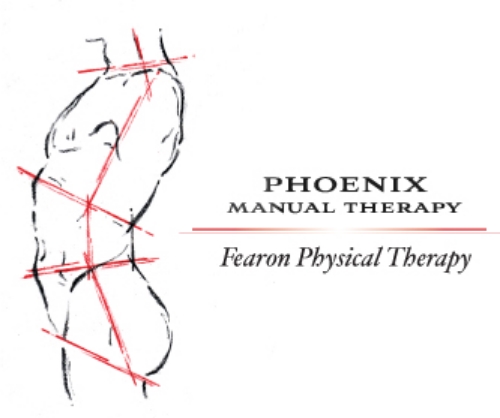Shoulder and Upper Quarter: Manual Therapy Evaluation and Treatment
Next offering Fall 2024
Course Description:
The course will focus on an enhancement of clinical reasoning for common clinical syndromes of the upper extremity and improvement in efficiency of selecting the appropriate treatment. The focus will be on pragmatic examination skills to both clarify the present presentation and providing viable treatment options. As in real life the emphasis will be on scapula-thoracic and gleno-humeral dynamics. Clinical reasoning discussion will consist of SINSS identification, test/re-test concepts, and hypothesis generation. The course will also go into further details regarding clinical syndromes and effective techniques to address common functional impairments. Curriculum will consist of integrative bridging between passive and active treatment and rationale for applying an appropriate load to anatomical structures. Clinical discussion will progress to a home exercise program with exercises that will mimic the applied manual therapy techniques.
Shoulder dysfunction commonly results from motor control loss. There will commensurately be an emphasis on the differential assessment of the etiology of the impairments and more significantly the aspects of the dysfunction that offer the greatest possibility of creating change. As such there will be an integration of genuinely therapeutic exercise oft times manually direct so that the evaluation and treatment process remains seamless.
Online work will prepare the class with a review of clinical reasoning concepts, case study, and an update on current concepts/research to the upper extremity. There is a significant amount of pre-course content all arranged in absorbable units in keeping with current evidence in educational value on-line. The flip lectures are always below 20 minutes many only 5-10. The reading will be pertinent and will all be foundational components of the class. This liberates us to focus on the genuine hands on skills, thinking processes and exercise design that is pragmatically required in the clinic. In other words it is our intent to immediately improve everyone clinically before the class is complete.
There is always a live patient case on video and as often as possible a live patient in class so that we can focus on genuine clinical skill.
Instructors:
Cheri Hodges, Pablo Ruiz, Tim Fearon
Course Goals and Objectives:
(1) Develop a conceptual framework for treating UE disorders emphasizing proximal structures (shoulder and scapula-thoracic)
(2) Discuss the genuinely common clinical syndromes, the rapid recognition of them and the applicable progression to exercise as treatment.
(3) Pragmatic approach of applying PT generated forces to noted asterisk to help clarify diagnosis and possible treatment options
(4) Review of anatomical mapping and improving palpation skills
(5) Understanding PNF concepts to the shoulder complex and knowing the appropriate time for application
(6) Enhance motor skills and the application of joint/soft tissue mobilizations
(7) Understanding the application of therapeutic exercises and providing novel ways to challenge both shoulder and elbow complex
CEUs: 15 Hours
